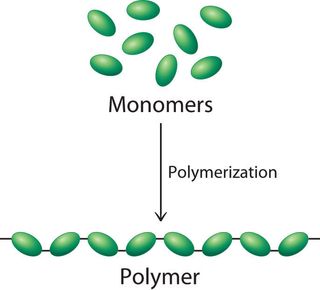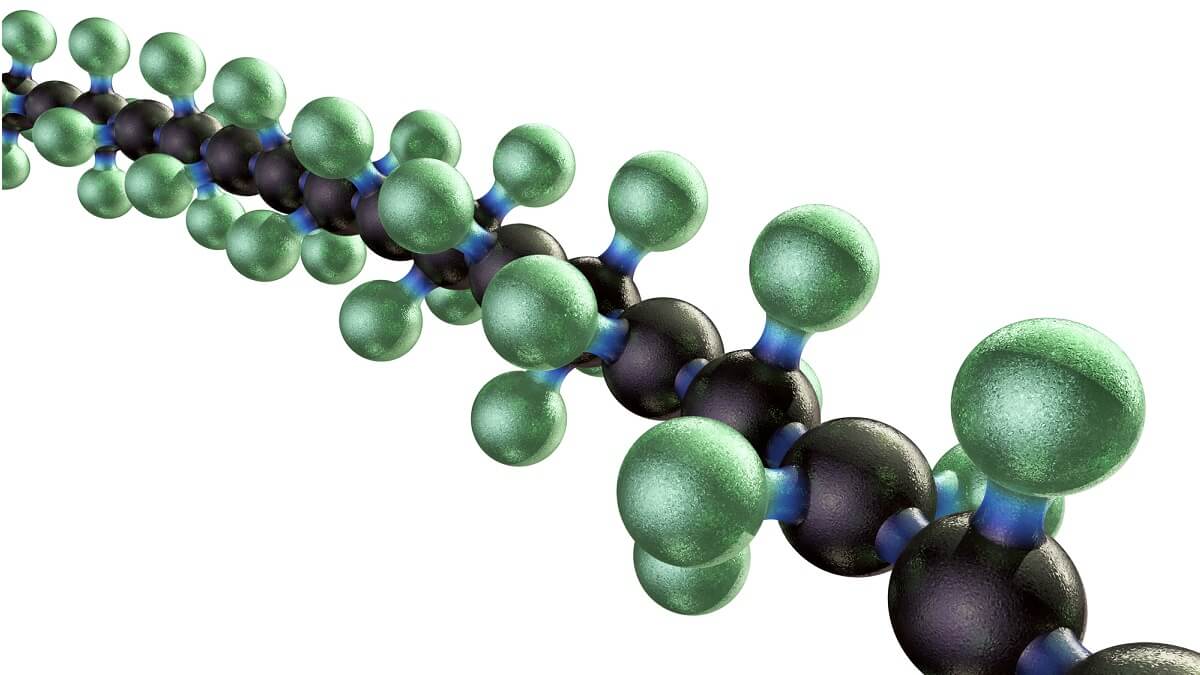Polymers in Building And Construction: Stronger, Lighter, and A Lot More Sturdy
Polymers in Building And Construction: Stronger, Lighter, and A Lot More Sturdy
Blog Article
Exploring the Varied Applications and Benefits of Polymers in Different Industries
Polymers, with their varied variety of homes and capabilities, have become crucial in different industries, each enjoying one-of-a-kind advantages from their application. From enhancing safety and security and performance in the automotive market to transforming clinical tools in the healthcare sector, polymers play a critical duty.
Automotive Industry Applications
Polymers play a critical function in boosting the efficiency and toughness of various parts within the automotive industry. One popular usage of polymers in the automobile market is in the manufacturing of light-weight parts.

Healthcare Industry Advantages
In different health care applications, the benefits of utilizing polymers are widely recognized for their diverse variety of helpful residential or commercial properties. Polymers play a critical function in the medical care market as a result of their convenience, biocompatibility, and cost-effectiveness. Among the key benefits of polymers in medical care is their ability to be tailored to details needs, such as adaptability, durability, and biodegradability, making them ideal for a broad range of clinical applications.
Polymer-based materials are thoroughly made use of in clinical gadgets, such as catheters, implants, prosthetics, and medicine delivery systems, due to their biocompatibility and capacity to simulate natural tissues. These products can minimize the risk of allergic responses or denials, improving client safety and end results. Additionally, polymers are lightweight, making them suitable for wearable clinical devices and ensuring person convenience.
Moreover, polymers enable the growth of cutting-edge treatment approaches, such as hydrogels for tissue engineering and nanocomposites for targeted medication delivery. Their ease of handling and sterilization makes them crucial for preserving high criteria of hygiene in healthcare setups. Overall, the varied benefits of polymers contribute substantially to advancements in clinical innovation and person care.
Ecological Advantages of Polymers

Moreover, polymers can contribute to energy cost savings because of their light-weight nature. In markets such as transport, light-weight polymer materials can help in reducing fuel intake and greenhouse gas discharges. In check here addition, polymers can make it possible for the growth of energy-efficient items such as insulation products that improve energy conservation in buildings.
Furthermore, polymers play a vital function in lowering water air pollution. For instance, using polymer-based filtration systems can effectively eliminate toxins and impurities from wastewater, securing water sources and environments. Overall, the ecological advantages of polymers make them valuable assets in advertising sustainability and green techniques across various sectors.
Polymers in Electronic Devices and Modern Technology
Taking into consideration the boosting demand for cutting-edge and lasting services in modern-day markets, the combination of sophisticated polymer technologies in the world of electronics and modern technology has actually become a crucial technique for driving effectiveness and performance. Polymers have reinvented the electronic devices industry by enabling the manufacturing of lighter, much more adaptable, and long lasting electronic gadgets. From smartphones to medical devices, polymers play a critical function in boosting product layout and functionality.
One substantial benefit of polymers in electronics is their protecting buildings, which help shield delicate electronic parts from ecological elements and electric disturbance. Additionally, polymers are necessary in the development of versatile display screens, wearable innovation, and published electronics, using countless possibilities for producing clever and interconnected tools.
Moreover, making use of polymers in electronic product packaging has actually led to improvements in miniaturization and thermal monitoring, improving the general performance and reliability of electronic systems. As modern technology remains to advance, the versatility and flexibility of polymers will unquestionably drive better innovation in the electronics industry, shaping the future of modern technology.
Duty of Polymers in Building And Construction and Framework
Polymers use many advantages in the construction market due to their adaptability, sturdiness, and cost-effectiveness. One essential role of polymers in building and construction is their use in coverings and sealers, providing defense versus environmental variables such as wetness, UV radiation, and corrosion.
In addition, polymers play a vital function in sustainable building and construction methods by allowing the growth of energy-efficient structures. Shielding materials made from polymers assist regulate interior temperatures, minimizing the need for home heating and cooling systems and inevitably reducing power usage. Furthermore, using polymer-based compounds in facilities tasks such as bridges and roads improves their longevity and lowers maintenance expenses. In general, the consolidation of polymers in construction and infrastructure displays their significant effect on contemporary design anchor practices.
Verdict
Finally, polymers play a critical role in various industries such as automobile, healthcare, environmental, electronics, and construction. Their flexible homes make them useful in developing cutting-edge remedies and items. From boosting gas performance in lorries to enhancing medical devices, polymers offer countless benefits. Furthermore, their effect on minimizing waste and promoting sustainability highlights their significance in modern applications. The widespread usage of polymers shows their considerable contribution to advancing technology and improving quality of life.
Report this page